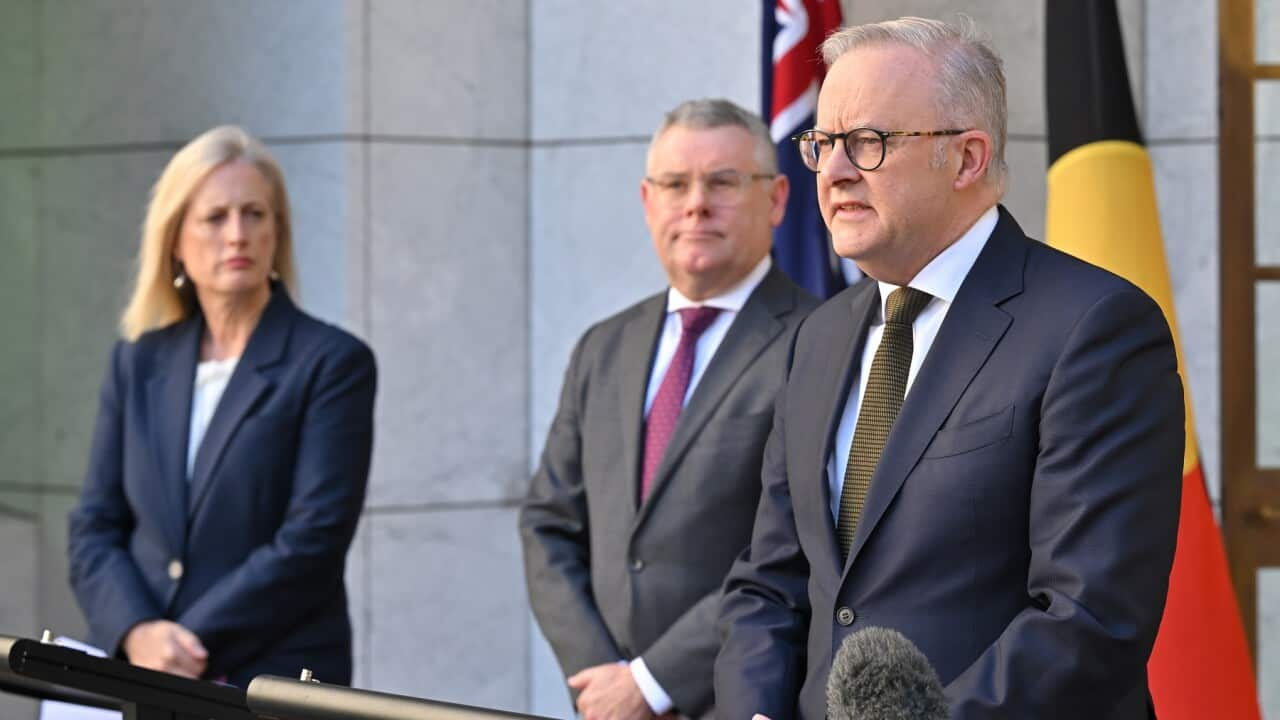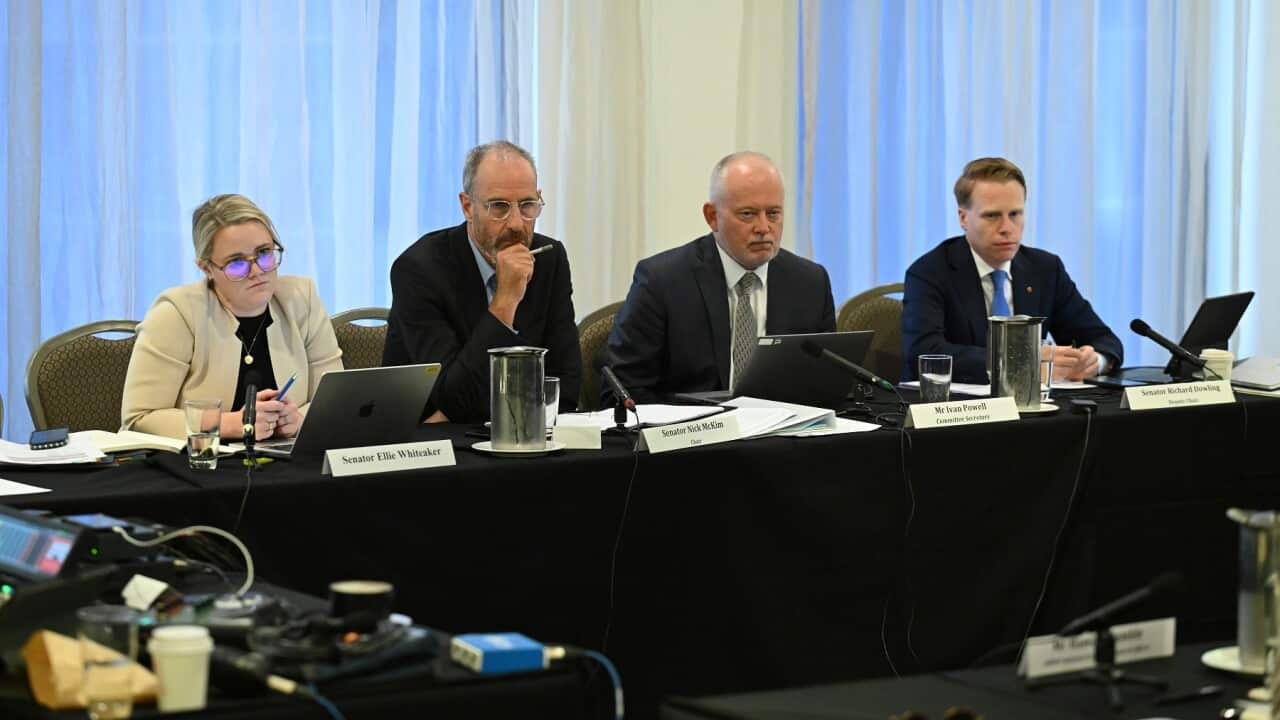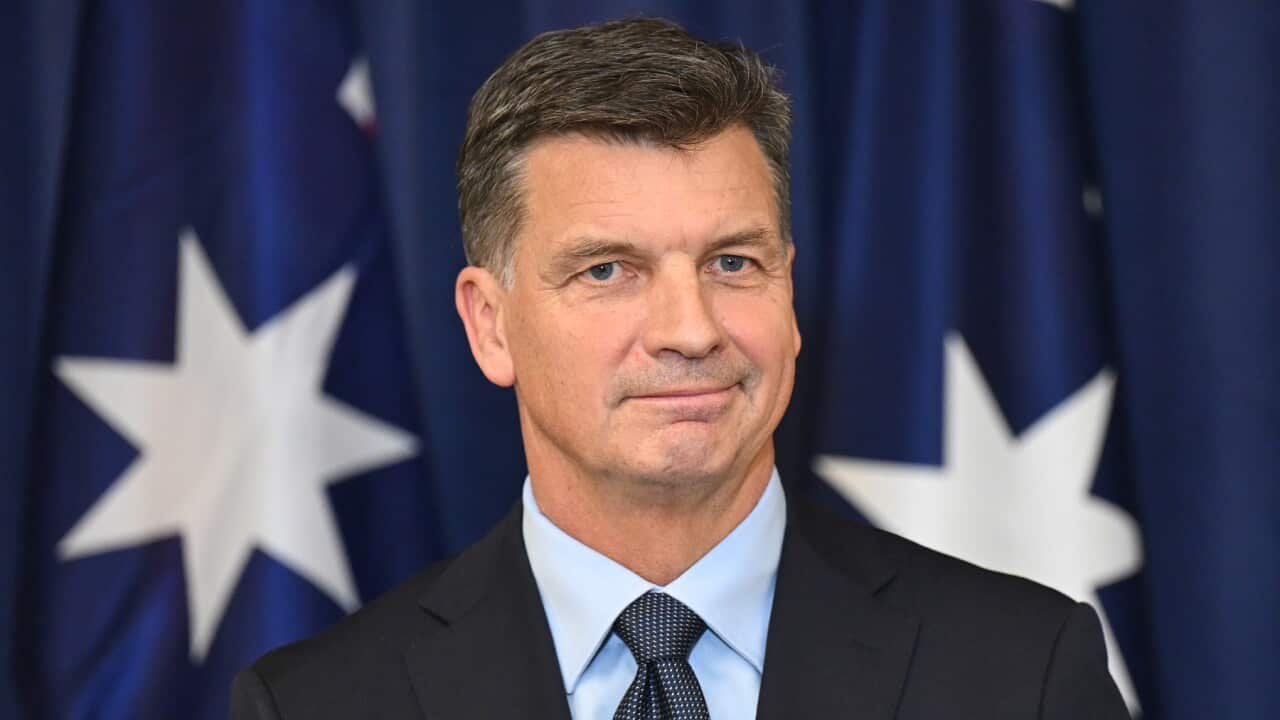Listen to Australian and world news, and follow trending topics with SBS News Podcasts.
TRANSCRIPT
"More than five years after Professor Graham Samuel handed down his independent review into the nation's 25 year old environmental laws that were widely acknowledged as not being fit for purpose. The government's Environment Protection reform bill will be passed by the Senate today."
That is Prime Minister Anthony Albanese announcing that the government's environmental law reforms to the Environment Protection and Biodiversity Conservation Act in 2020.
Labor has struck a deal with the Greens to pass the largest reforms to Australia's environmental laws in 26 years.
After months of speculation regarding whether the government would strike a deal with the Greens or the Coalition, the suite of reforms is expected to pass through the Senate today.
Greens Leader Larissa Waters says the deal is an important step forward for the Environment.
"What we've been able to secure from the government, after strong and lengthy negotiations, is a package that improves our environmental laws. It takes us forward with new protections for native forests. It takes us forward with protection from land clearing, and importantly, it stops coal and gas from being approved within 30 days, which is what the government's original bill proposed."
Labor addressed the Green's concerns about coal and gas expansion by limiting the fast-tracking of fossil fuel projects and excluding the expansion of coal and gas from the national interest exemption.
The reforms will include new environmental standards to guide project decisions based on environmental impacts and changing the thresholds for accepting or rejecting high-polluting projects.
Furthermore, the package introduces reformed regional planning to deliver "go zones" and "no-go zones" for development, replacing the current project-by-project assessment approach.
The deal retained the water trigger, meaning coal and gas projects must receive federal approval for their water use.
Finally, the reforms will change the reporting requirements for companies and remove duplication across state and federal assessments. T
This streamlining is intended to ensure quicker approvals for essential projects such as housing or renewables.
Greens senator Sarah Hanson-Young says these reforms came after tough negotiations.
"We've put a stop to the fossil fuel industry getting fast track and easy access to environmental approvals. When these pieces of legislation was first tabled by the government, Chevron, BHP, the fossil fuel industry were cheering. They wanted it rammed through with the anti Climate Coalition. We've managed to put a stop to that. We've stopped them getting a faster and cheaper passage and approval for their dangerous and polluting gas and coal extractions."
To get the Greens on board, Labor offered to add high-risk land clearing and regional forest agreements to the national laws, rather than leaving them to states.
This involves removing and sunsetting the exemption from the EPBC Act for Regional Forest Agreements.
Regional Forest agreements are officially bilateral agreements between the Commonwealth Government and individual State governments.
This means that native forest logging operating under the R-F-As will, for the first time, have to comply with the same rules and National Environmental Standards as other industries.
"We also said right up front that we wanted more protections for our native forests, for our bushland, for our coastal scrub, we wanted more protections for our wildlife, and today, that is what we have delivered, we have delivered new protections for native forests, new protections for Australian bushland, new protections for Australian wildlife, while delivering a blow to the fossil fuel industry."
However, distinguished ecologist and Australian National University professor David Lindenmayer told ABC's Radio National Breakfast that even though folding the Regional Forest Agreements (RFAs) into the federal act allows for separate federal approval, the native forest logging industry is still not sustainable in Australia.
"Frankly, it's rather a charade, because the reality is that the industry is not profitable. It's actually not viable without significant subsidies from state governments. And the industry not only has major impacts on biodiversity, it also changes the flammability of forests in ways that makes them more flammable. So you have an industry that loses money, employs very few people, makes forests more flammable, it has big impacts on biodiversity. So the reality here is, rather than go through the charade of of whether RFAs Trump the EPBC Act or whether there should be reforms, really, the state governments and the federal government need to bite the bullet and move directly out of native forest logging and have a plantation only industry."
The Climate Council has also criticised the deal, saying it doesn't go far enough on climate change.
Regardless of these concerns Labor still plans to address major business concerns that were previously championed by the Coalition.
The government will clarify the conditions under which the minister can reject projects due to an unacceptable impact on the environment and refine the requirement for projects to achieve a net gain for the environment.
Despite the Green's wins on forest logging, Labor still announced a $300 million growth fund for the forestry industry.
Prime Minister Albanese says he is swayed by business groups on these points and made it clear to the Greens that these changes are non-negotiable.
So why didn't Labor negotiate with the Coalition?
Mr Albanese says Opposition leader Sussan Ley wouldn't talk to him, unlike the Greens who he says were very constructive.
When questioned on whether the absence of a deal with the Coalition would make the legislation short-lived, Environment Minister Murray Watt swiftly hit back.
"I have made the point that there were some benefits in being able to reach a deal with the Coalition in terms of the enduring nature of the reforms. But as all of you can see every single day, the coalition is a shambles, and they've been a shambles on these negotiations as well. So you can't strike a deal with someone who doesn't know what they want."













